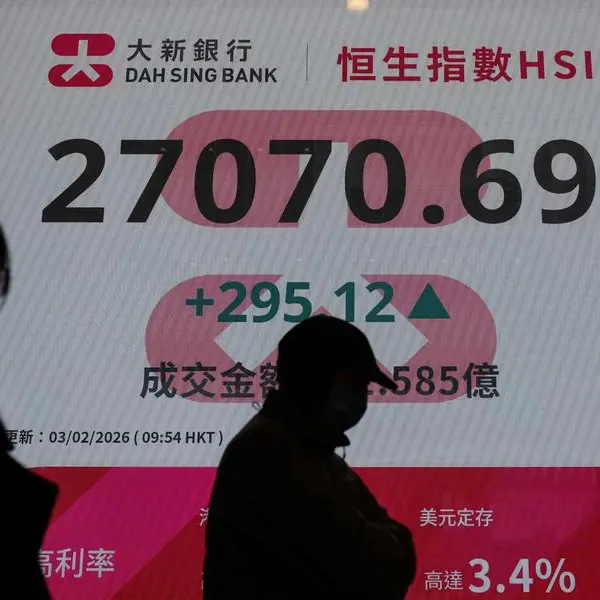PHOTO
The probability of a recession in the US has increased with the troubles in the country’s regional banking sector, according to private banking corporation and wealth manager Julius Baer.
The Silicon Valley Bank (SVB) collapse revealed flaws which caused Julius Baer to revise its views, having ruled out the possibility of a US recession for a number of reasons including the health of the private sector for both households and businesses.
A CIO Weekly from the bank said: “While the real economy proved surprisingly resilient to the record-breaking interest-rate hiking campaign, the biggest surprise for us came from the financial sector.
“Until Silicon Valley Bank’s (SVB) difficulties came to light on 9 March this year, we had not detected any signs of systemic risks in the markets. At first glance, SVB’s problems seemed to be specific to its very particular business model, which focused exclusively on companies and players in the technology and venture-capital ecosystem on the US West Coast.”
Investor attention soon turned to the country’s regional banks, Julius Baer said, realising that the relaxation of banking regulations approved by the Trump administration in 2018 had allowed small and mid-sized regional banks to grow loan volumes much faster.
The banks have contributed to the most growth in commercial real estate lending since then, a segment under severe pressure due to the public’s shift from in-store to online shopping and the depressed office occupancy rates since the pandemic.
“The SVB case thus effectively contaminated the US regional banking sector, and the market turned its attention to the weakest link in the European institutions: Credit Suisse,” Julius Baer said.
The market reaction was immediate, with government bond yields plunging and credit spreads widening, the bank said, and market movements reflected that turmoil in banking could become systemic.
“For the record, an unaddressed systemic problem can translate into a recession in the real economy, especially at a time when the financial system has grown to record proportions relative to the real economy.
“One of the most concerning aspects of the current events is their suddenness. What took months during the 2008 crisis happened in just three weeks this time round.”
Among measures the bank said it was taking include reducing US high-yield bonds and our diversified basket of unconstrained bond strategies in favour of investment-grade corporate bonds and US Treasuries.
To summarise, the bank said that it recognised the risks of US recession have increased with the recent troubles in US regional banking.
“In the short term, the equity market reflects a very cautious positioning by investors, and we believe that the pain trade will continue for the time being. In the coming weeks, we will consider whether to reintroduce hedges, as we did in the third quarter of last year.”
(Writing by Imogen Lillywhite; editing by Daniel Luiz)




















